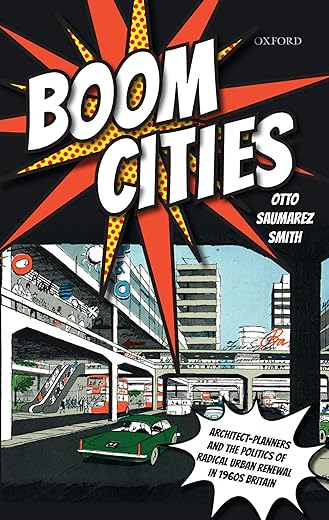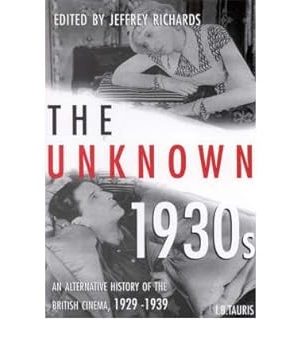Boom Cities: Architect Planners and the Politics of Radical Urban Renewal in 1960s Britain
£22.60
It has often been said that urban planners did more damage to Britain’s cities than even the Luftwaffe had managed, and this study details the rise and fall of modernist urban planning, revealing its origins and the dissolution of the cross-party consensus, before the ideological smearing that has ever since characterized the high-rise towers, dizzying ring roads, and concrete precincts that were left behind.
The rebuilding of British city centres during the 1960s drastically affected the built form of urban Britain, including places ranging from traditional cathedral cities through to the decaying towns of the industrial revolution. Boom Cities uncovers both the planning philosophy, and the political, cultural, and legislative background that created the conditions for these processes to occur across the country.
Boom Cities reveals the role of architect-planners in these transformations. The volume also provides an unconventional account of the end of modernist approaches to the built environment, showing it from the perspective of planning and policy elites, rather than through the emergence of public opposition to planning.
Read more
Additional information
| Publisher | OUP Oxford (21 Mar. 2019) |
|---|---|
| Language | English |
| File size | 5542 KB |
| Text-to-Speech | Enabled |
| Screen Reader | Supported |
| Enhanced typesetting | Enabled |
| X-Ray | Not Enabled |
| Word Wise | Not Enabled |
| Sticky notes | On Kindle Scribe |
| Print length | 208 pages |
| Page numbers source ISBN | 0198836406 |










by Mr D R McCreery
Nice book with good content. Let down massively by the price tag.
by Mr. Peter M. Hall
Great book, clearly properly researched by smith and well delivered. At £60 it is a lot for the size of book however.
by “jaimeashworth”
A brilliant and clear read, and a must-read for readers interested in the postwar rebuilding of Britain.